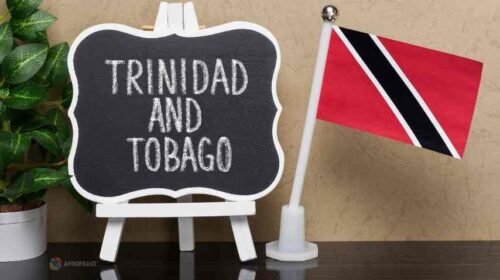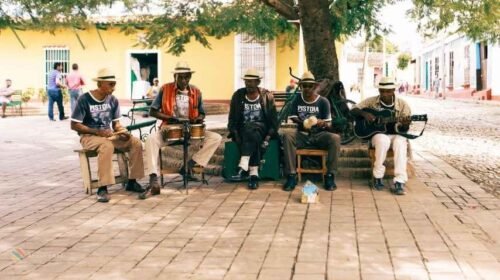The Evolution of Soca Music in the Black Caribbean
The evolution of soca music has been a gradual process. Caribbean music exemplifies a dynamic and vibrant landscape intricately interwoven with diverse cultural influences. This melodic tapestry resonates harmoniously with the cultural essence of its people.
At the heart of this musical journey is the genre of Soca, a rhythmic and spirited genre that has evolved over decades, reflecting the resilience and creativity of the Black Caribbean community. This article explores the roots, development, and significance of Soca music, shedding light on its profound impact on both the Caribbean and the global music scene.
1. What is Soca music

Soca music traces its origins to the early 1970s in Trinidad and Tobago, emerging as a fusion of various genres, including Calypso, African rhythms, and East Indian musical elements. Its roots can be traced back to the emancipation celebrations, where diverse communities came together to celebrate freedom through music and dance.
The genre’s early pioneers, such as Garfield Blackman, whose stage name was Ras Shorty I (The Father of Soca), played a pivotal role in experimenting with different musical elements, laying the foundation for the distinctive sound that would become Soca.
Over the years, Soca music underwent a remarkable evolution, adapting to the changing musical landscape and incorporating influences from reggae, dancehall, and electronic music. The genre’s infectious rhythm and energetic beats became synonymous with carnival celebrations across the Caribbean (Trinidad and Tobago; Brazil), creating a unifying force that transcended cultural boundaries. Soca’s evolution also saw the emergence of sub-genres, such as Power Soca and Groovy Soca, each offering a unique sonic experience while maintaining the genre’s core elements.

2. Impact on Caribbean Culture
Soca music is a significant expression of joy, resilience, and cultural identity in Caribbean culture. It serves as the vibrant soundtrack for carnival celebrations, fostering unity and celebration. Additionally, Soca lyrics frequently deliver social commentary on issues like inequality, political unrest, and the celebration of cultural diversity.
3. Global Influence
In recent decades, Soca music has transcended its Caribbean origins, gaining international acclaim and influencing mainstream music genres. Artists like Machel Montano, Destra Garcia, and Bunji Garlin have played pivotal roles in bringing Soca to global stages, collaborating with international artists and infusing their music with the infectious Soca vibe. The genre’s fusion of Caribbean rhythms with contemporary styles has attracted a diverse audience, contributing to its global appeal.
4. Challenges and Opportunities
Despite Soca music’s triumph on the world stage, it grapples with challenges like cultural appropriation and commercialisation. The delicate task for the Soca community lies in preserving its cultural roots while navigating innovation and international collaboration. Nevertheless, within these challenges lie opportunities for the genre to evolve, captivate new audiences, and maintain its relevance amid the dynamic landscape of global music.
Conclusion
Rhythmic Roots and the Evolution of Soca Music in the Black Caribbean is a testament to the enduring spirit of a genre that has transcended cultural boundaries, celebrating the diversity and resilience of the Black Caribbean community. From its humble beginnings in Trinidad and Tobago to its global influence today, Soca music continues to evolve, reflecting the ever-changing dynamics of the world while preserving the rich cultural heritage that defines its rhythmic roots.
As we celebrate the past, present, and future of Soca, we recognize its profound impact on music, culture, and the collective identity of the Black Caribbean.
Voodoo Festivals: Embracing the Richness of Afro-Caribbean Spirituality
